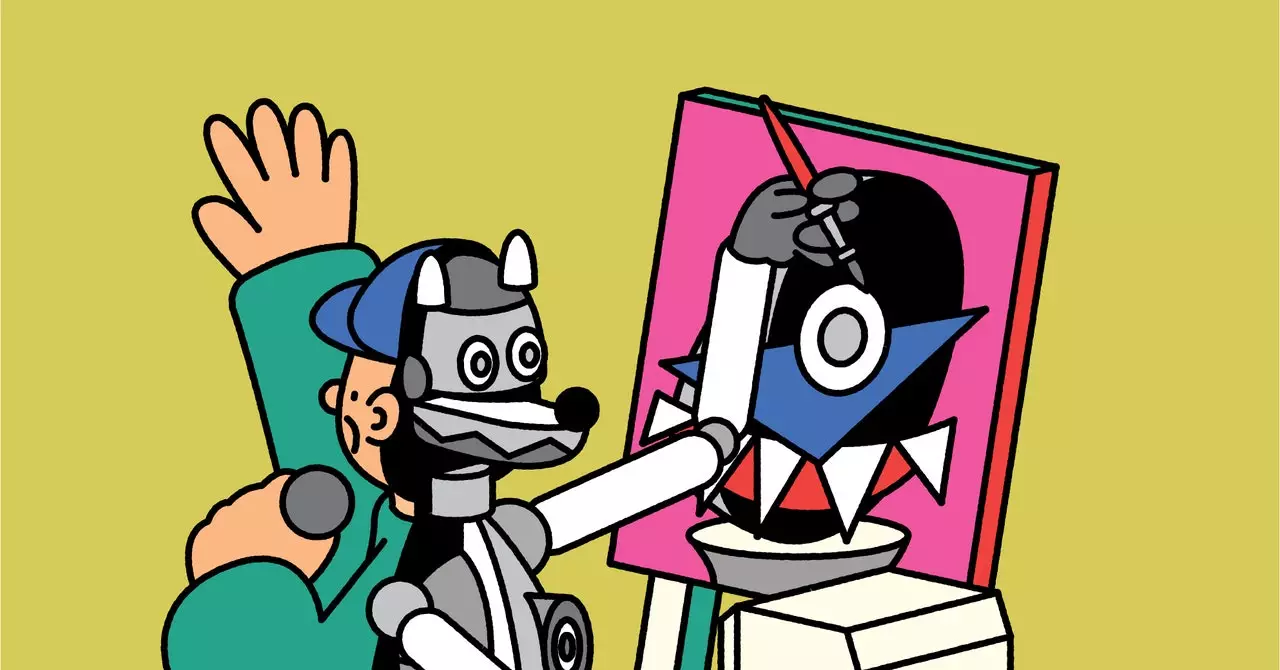The emergence of advanced artificial intelligence, particularly in the form of language models such as ChatGPT, has prompted considerable anxiety around the future of human creativity and labor. There’s a palpable fear that automation will render many jobs obsolete and dilute the authenticity associated with artistic expression. As we navigate through this evolving landscape, it’s essential to recognize that, while these concerns are justified, there exists a significant opportunity for human creativity to flourish alongside AI technologies—especially within the music industry. By 2025, we will witness a transformative interaction between AI and creativity, reshaping how we engage with music, and redefining cultural expressions across genres, with hip-hop serving as an ideal case study.
Hip-hop culture—a vibrant tapestry woven from diverse musical influences—has always been about innovation, reinvention, and resilience. From its inception in the Bronx to becoming a global phenomenon, hip-hop has continuously adapted to the times, embodying the spirit of its community while tackling issues of identity, race, and socio-economic struggles. Given this rich historical context, it’s intriguing to explore how artificial intelligence will integrate into this art form. The genre has already begun to exhibit signs of AI’s influence, with various AI-generated tracks appearing on social media platforms. These songs, often mistaken for genuine creations, highlight an emerging synergy between human artists and technological capabilities.
As we look toward 2025, the creative engagement with AI will evolve along three distinct pathways. The first form can be labeled as “full embrace,” where artists and producers not only accept but celebrate the capabilities of AI. This approach may involve relinquishing some creative control in favor of generative algorithms that can churn out vast quantities of music, often indistinguishable from human-made tracks. However, even in this scenario, the human touch remains crucial—curation and contextualization will continue to be vital to the music ecosystem, spawning a new wave of influencers who can enhance the value of AI-generated art.
The second form reflects a more integrated partnership between humans and AI. Here, creativity thrives as a hybrid model, blending human artistry with machine efficiency. This alignment could lead to unexpected genres and collaborations—like a hip-hop artist remixing classic country songs with AI assistance, or developing competitive rap formats with AI-generated verses. This fusion of human skill and artificial intelligence opens the door to experimentation, which could yield new styles and forms of expression, contributing to the genre’s evolution.
The third and most paradoxical outcome of increasing AI influence is the resurgence of appreciation for human-created artistic legacy. As AI generates music at a staggering pace, the market value of original works may rise due to their authenticity. Throughout hip-hop’s history, many pioneering artists have been overlooked despite their contributions to this rich culture. The dawn of AI-generated music could catalyze a movement to honor these original artists and promote an increased understanding of hip-hop as a legitimate form of high art. Consequently, there may be a renewed interest in documenting and preserving the foundational elements of the genre.
The interaction between AI and music does not only hold artistic implications; the business landscape will undergo a transformation as well. Artists could potentially receive compensation for their contributions to training AI models, based on how their work has influenced generative outcomes. This model might offer a fairer, more equitable approach to remuneration, contrasting sharply with the often exploitative structures inherent in the music industry today. Such developments can lead to new revenue streams, creating avenues for artists to benefit from their historical impact on the genre while continuing to innovate alongside emerging technologies.
The intersection of AI and human creativity is rife with challenges and opportunities. As we approach 2025, the anxieties concerning the potential obsolescence of artistic expression must be balanced with an understanding of the potential for growth and revitalization within genres like hip-hop. By embracing AI, adapting to new paradigms, and recognizing the value of historical contributions, artists might not only navigate the complexities of this evolving landscape but also emerge stronger, more innovative, and more celebrated. Although the relationship between technology and creativity may be tumultuous, it is also a ripe ground for new possibilities—where human ingenuity and artificial capabilities converge to foster a vibrant cultural future.


Leave a Reply